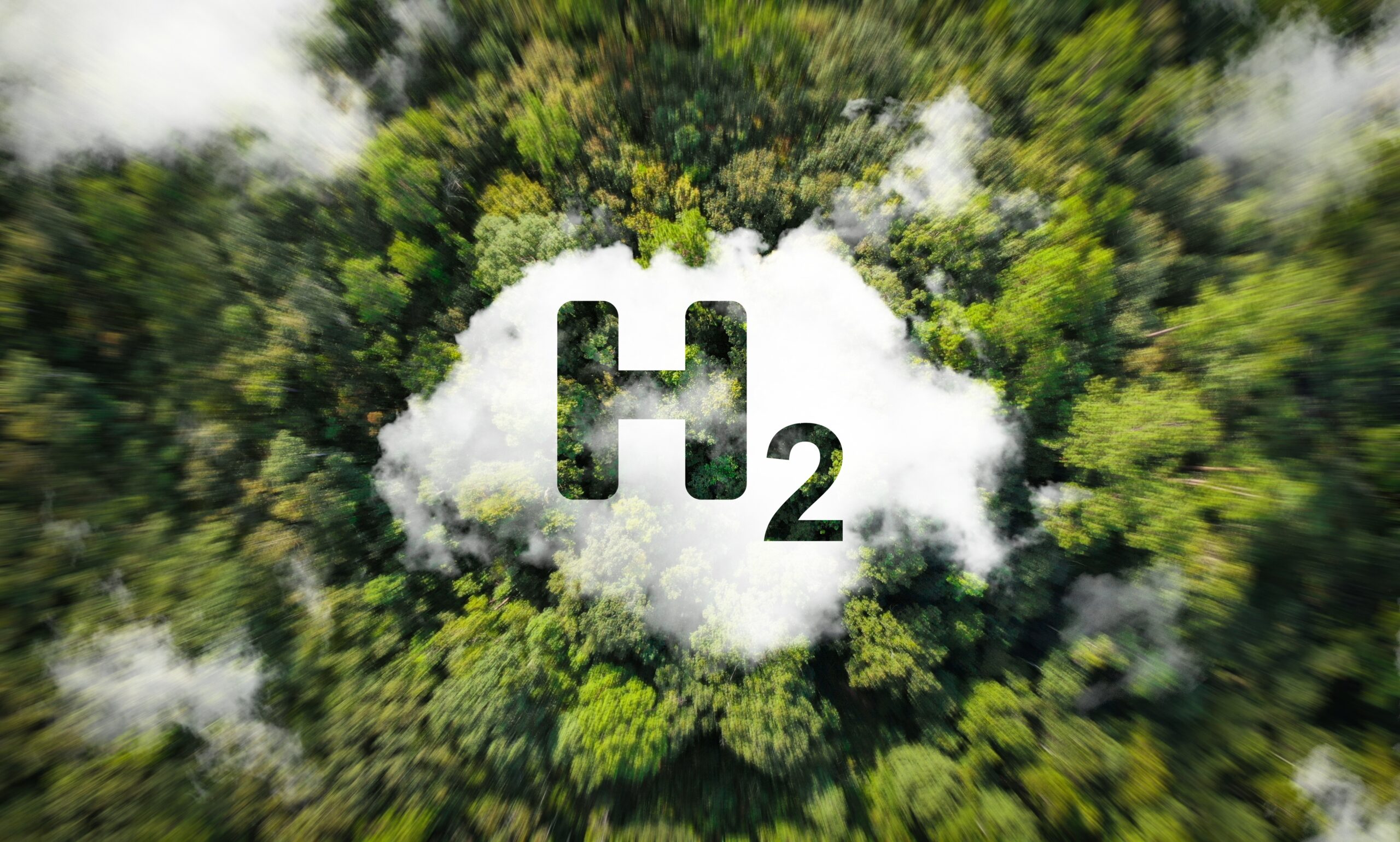
Chile’s measures highlighted in the report include the National Green Hydrogen Strategy, launched in 2020, which uses regional renewable strengths to design differentiated hydrogen hubs, with the aim of boosting environmental safeguards, local jobs and exports.
The World Economic Forum and Accenture have just launched a new version of the Energy Transition Index that measures the performance of 118 countries in terms of energy transition. Chile is highlighted in position n°21, which places it as the second country that has advanced the most in terms of energy transition in the region, after Brazil, which is in 15th place.
Overall, the study found that despite the continued expansion of renewable energy and improved energy efficiency, energy-related CO2 emissions reached a record 37.8 billion tons globally. Clean energy investment grew to over $2 trillion, double 2020 levels, but still well below the $5.6 trillion needed annually through 2030. In addition, annual investment growth slowed to 11%, down from 24-29% per year in the previous three years.
The study measures three main aspects to rate countries’ progress toward energy transition:
Security: ensuring a stable and resilient energy supply through diversification (in energy mix, trading partners, and electricity generation sources), grid and power supply reliability, and robust infrastructure to improve adaptability to external shocks.
Equity: Ensure energy access for all (consumers and industries), energy affordability and price stability, while supporting economic growth and development.
Sustainability: Advancing the environmental performance of energy systems to support a low-emission, resource-efficient, clean energy future by reducing carbon dioxide (CO2) and methane (CH4) intensity, improving energy efficiency, reducing energy footprints and emissions per capita, and increasing the share of clean energy in final demand through balanced demand- and supply-side measures.
Among Chile’s measures highlighted in the report is the National Green Hydrogen Strategy, launched in 2020, which uses regional renewable strengths to design differentiated hydrogen hubs, with the aim of boosting environmental safeguards, local jobs and exports. It also highlights Chile’s significant regulatory clarity in the development and implementation of green ammonia policies.
In addition, President Gabriel Boric is quoted in the report as saying that “we have the opportunity to develop and become leaders in renewable energy, particularly in green hydrogen and wind energy, and to export them to the world”. He is the only Latin American leader quoted in the study.
Mariana De Pablo, executive director of Accenture Chile highlighted that “these results are very positive for our country. The concrete measures implemented by Chile to advance towards the energy transition are an inspiring example for other countries in the region and the world, showing that, with appropriate policies and a long-term vision, it is possible to advance in energy security, equity and sustainability in a balanced way.”
Source: Portal Minero.